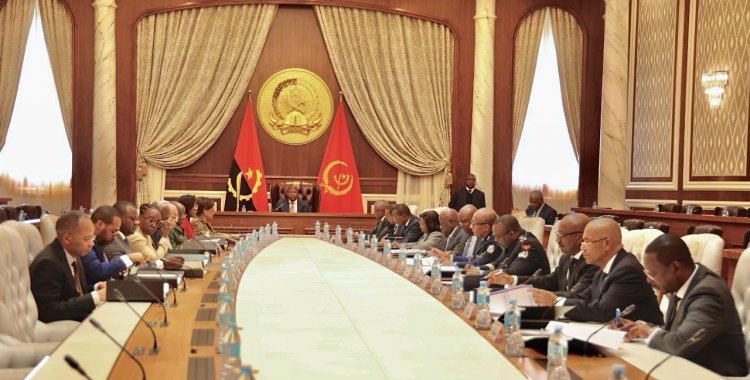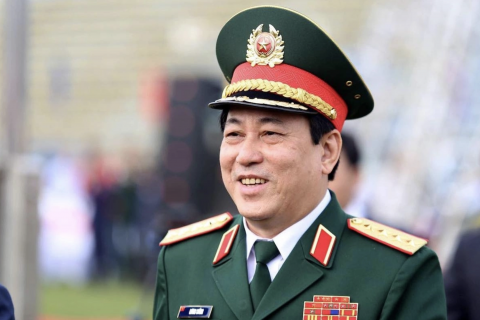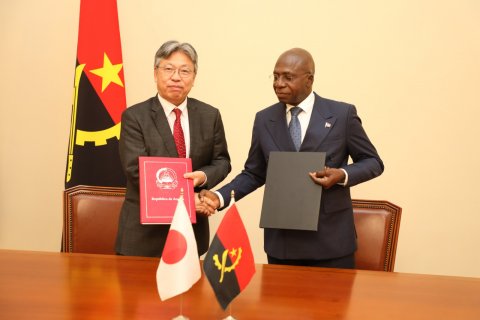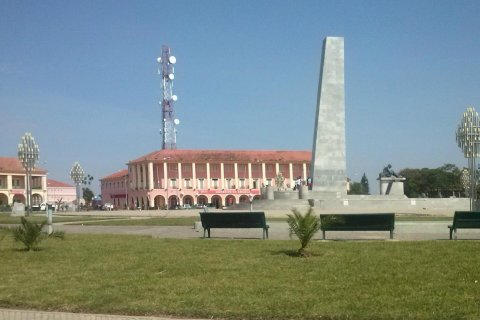"The National Security Council urges the Angolan people not to engage in content posted on social media, much of it produced using Artificial Intelligence, which incites disobedience, hatred, and rebellion. They should instead adopt civic, orderly behavior, and respect for the authorities, who are committed to guaranteeing the rights and freedoms of citizens as provided for in the Constitution of the Republic and the law," reads the statement issued after the meeting and published on the Facebook page of the Presidency of the Republic.
Meeting this Tuesday at the Presidential Palace, under the guidance of the President of the Republic, João Lourenço, the Council assessed the internal security situation and assured that the measures adopted were "adequate" and allowed for the "containment and halting" of the attacks, as well as the restoration of normal business, school, and work life.
"The population's sense of security has been restored," the statement continues.
The Council met following incidents recorded last week in several provinces, most notably in Luanda, which was the scene of violent protests, vandalism, and looting during the taxi drivers' strike.
Protests erupted in Luanda on July 28, during a three-day strike called by taxi drivers' associations to protest the increase in the price of diesel from 300 to 400 kwanzas per liter.
The peaceful strike quickly escalated into violent protests and riots, looting, vandalism, and looting in several provinces, leaving 30 dead and 277 injured.
1515 people were arrested, and 118 commercial establishments, 24 public buses, more than 20 private vehicles, five defense and security force vehicles, a motorcycle, and an ambulance were destroyed.







